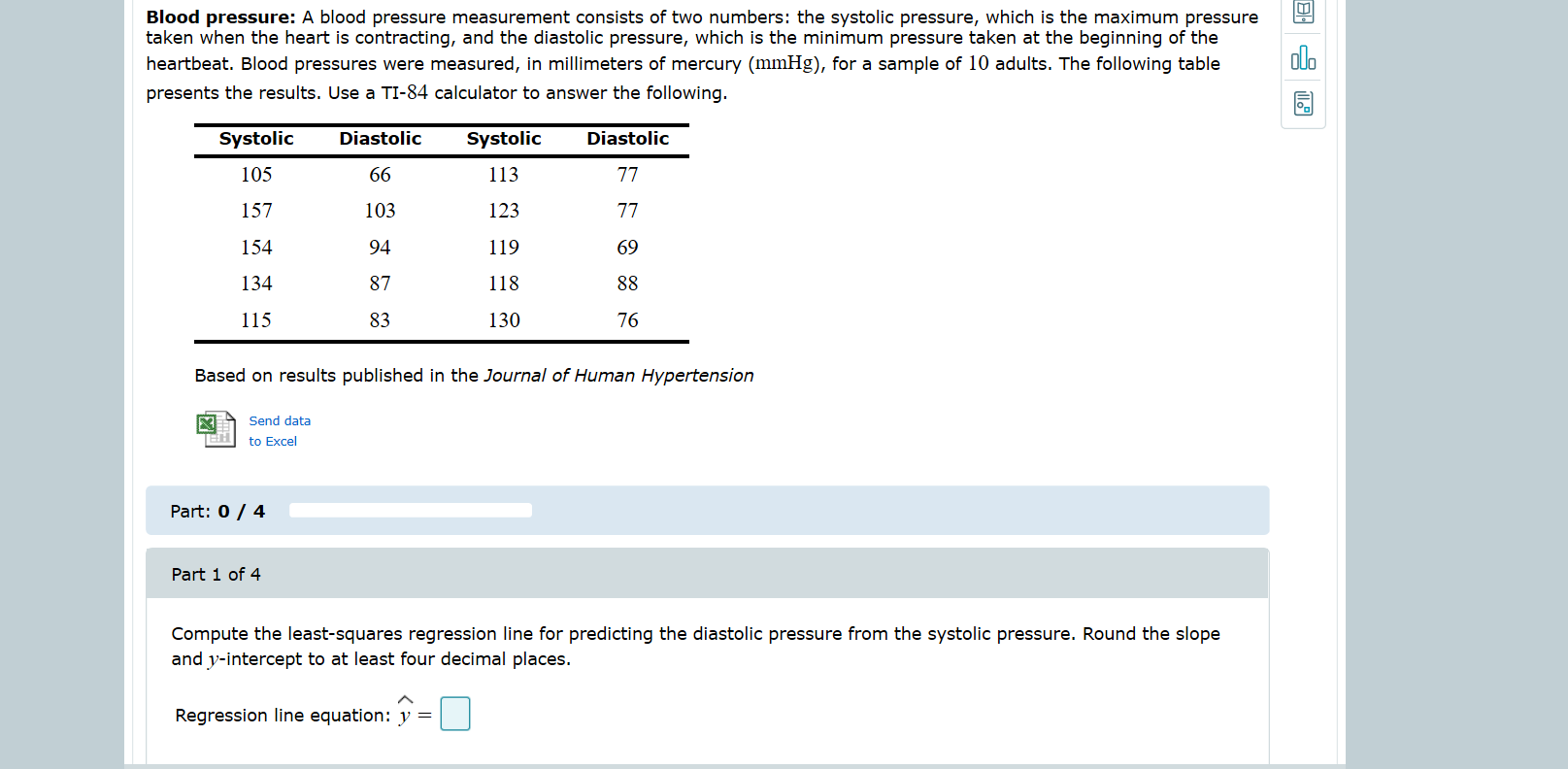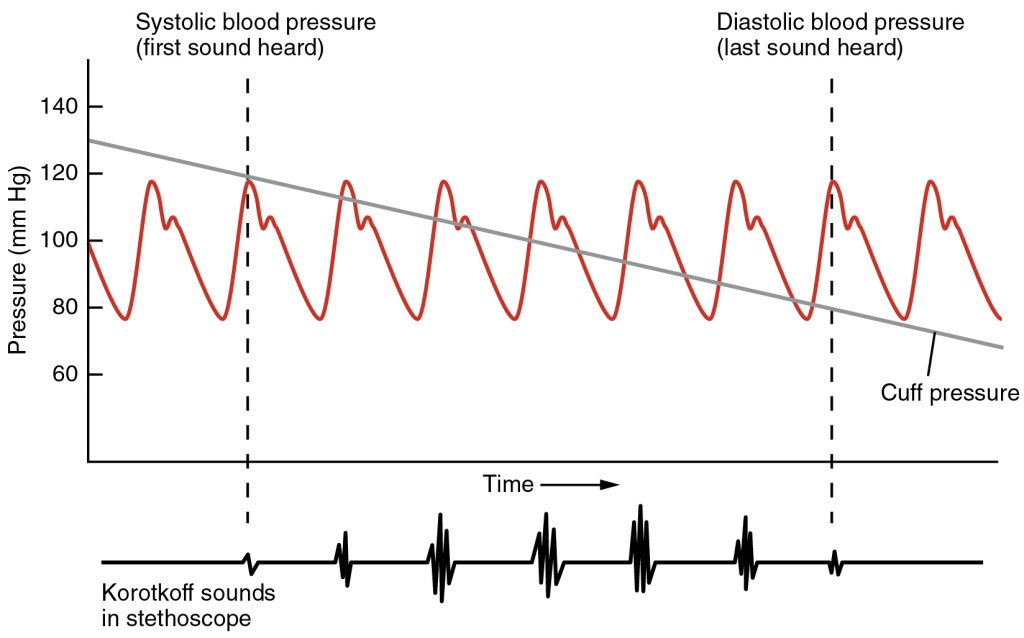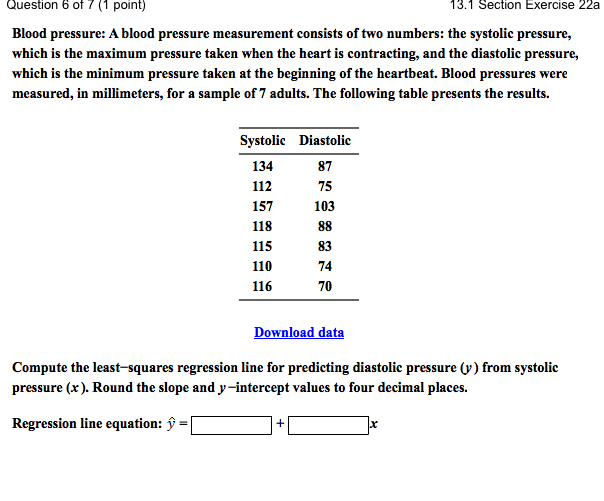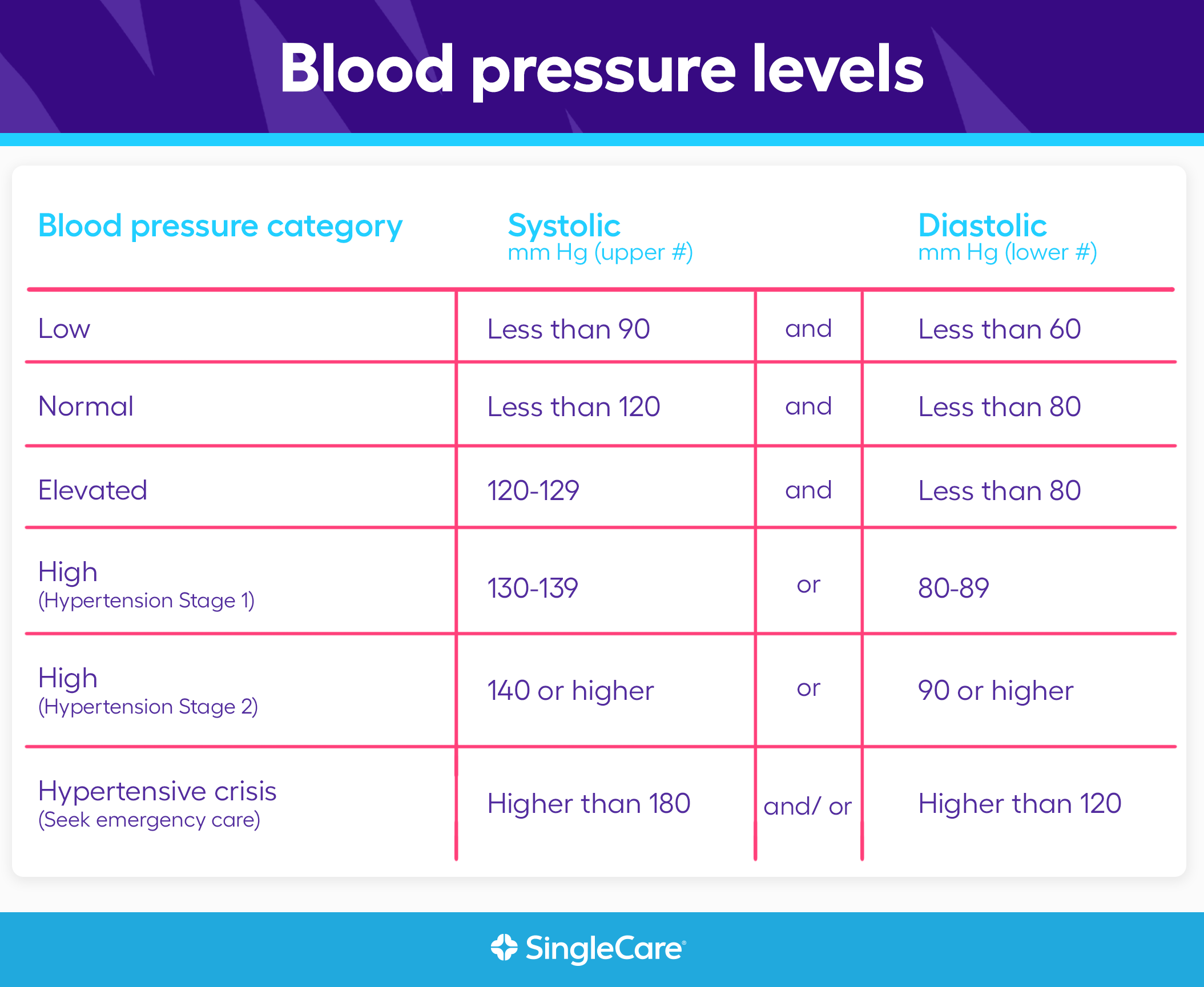Impressive Tips About How To Reduce Systolic Level
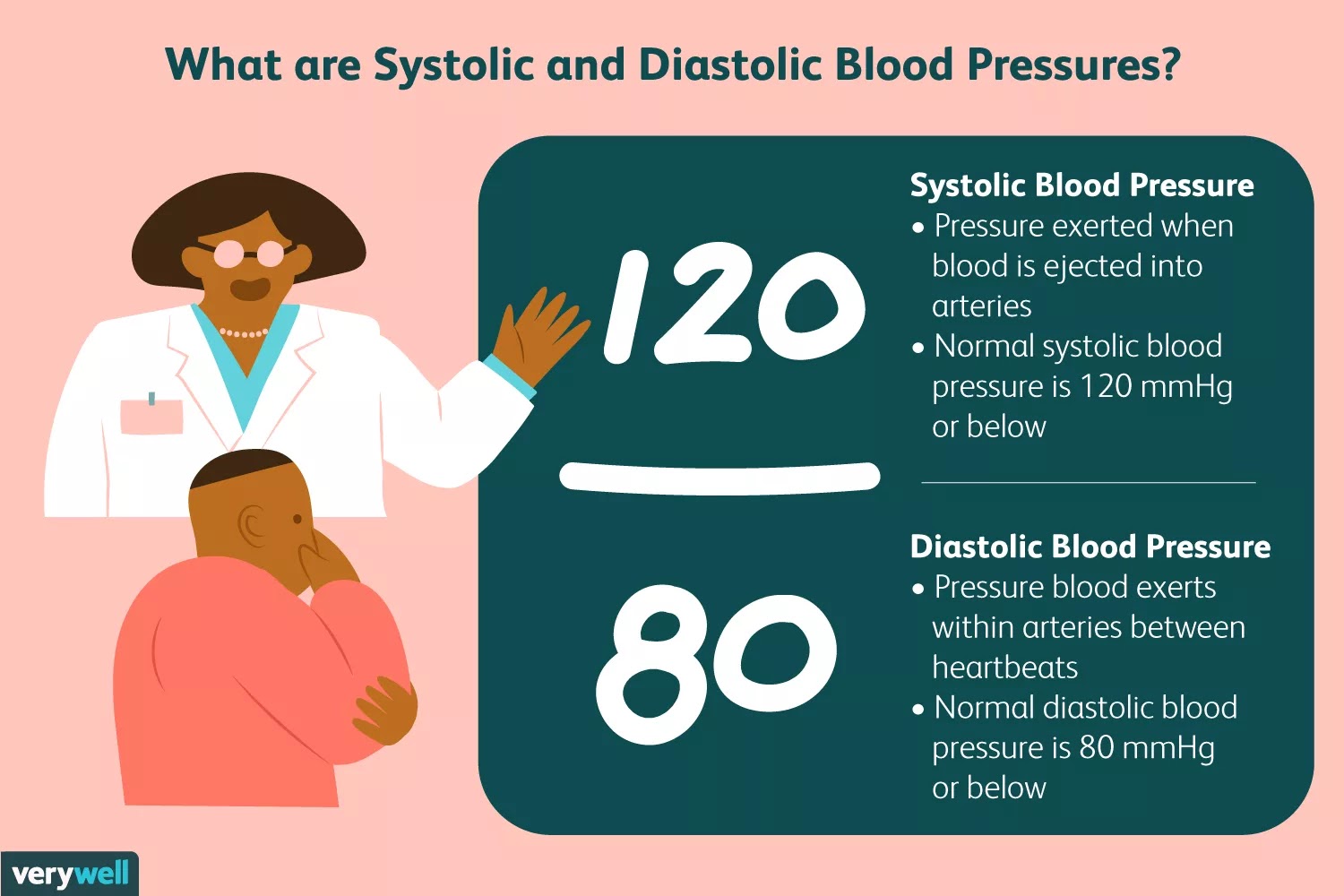
Decreasing the amount of salt in the diet.
How to reduce systolic level. Isolated systolic hypertension is a condition in which only your systolic (top) number is high when you check your blood pressure. As a general goal, aim for at least 30 minutes of moderate physical activity every day. Increasing physical activity to at least 150 minutes a week of moderate.
Get enough exercise research suggests that both aerobic and resistance exercise can help delay or manage blood pressure, and that after exercising, blood. This can be accomplished by lifestyle changes, medication, or both. Hypertension stage 1 hypertension stage 1 is when blood pressure consistently ranges from 130 to 139 systolic or 80 to 89 mm hg diastolic.
These lifestyle changes can help prevent and lower high blood pressure: There are many steps you can take to help lower your blood pressure, including lifestyle changes and medications. This blood pressure chart can help you figure out if your blood pressure is at a healthy level or if you'll need to take some steps to improve your numbers.
Eating a healthy diet. In fact, if you're overweight, losing as little. Medications can lower systolic blood pressure in a matter of hours to days.
Lifestyle changes to reduce blood pressure. The goal is to reduce your systolic blood pressure to below 140 mm hg. Simple lifestyle changes can help reduce high blood pressure, although some people may need to take medicine as well.
Reduce the amount of salt you eat and have a generally. Research consistently demonstrates that physical activity has a positive impact on your heart health, reducing both systolic and diastolic blood pressure by as. Exercise can also help keep elevated blood pressure from turning into high.
You’ll lower your systolic blood pressure (the first number in your blood pressure results) by 5 to 20 points for every 20 pounds you lose. With this condition, your systolic number can. According to the american college of cardiology and the american heart association, normal blood pressure is 120/80 mm hg or lower.
Your gp can advise you.
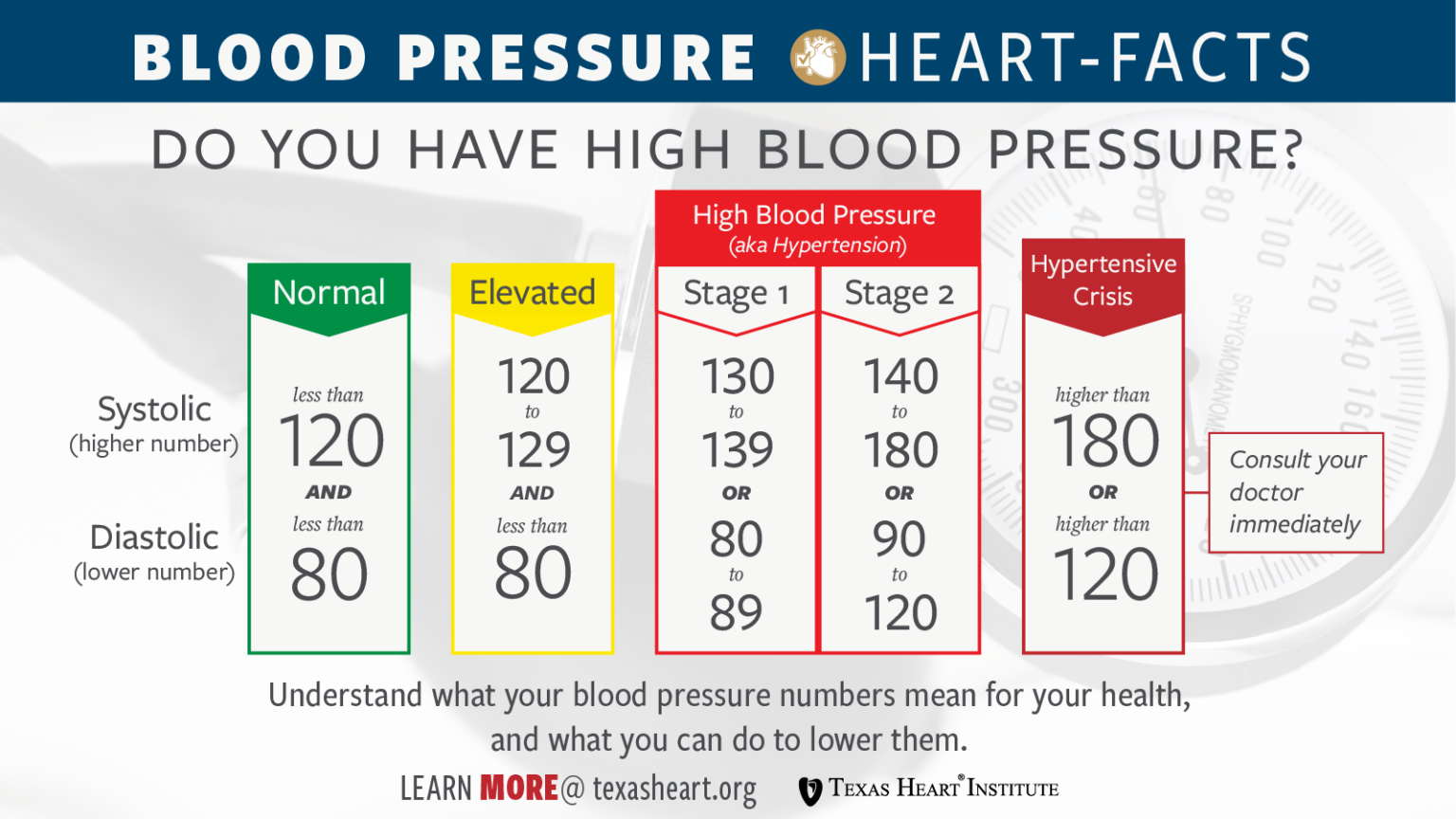


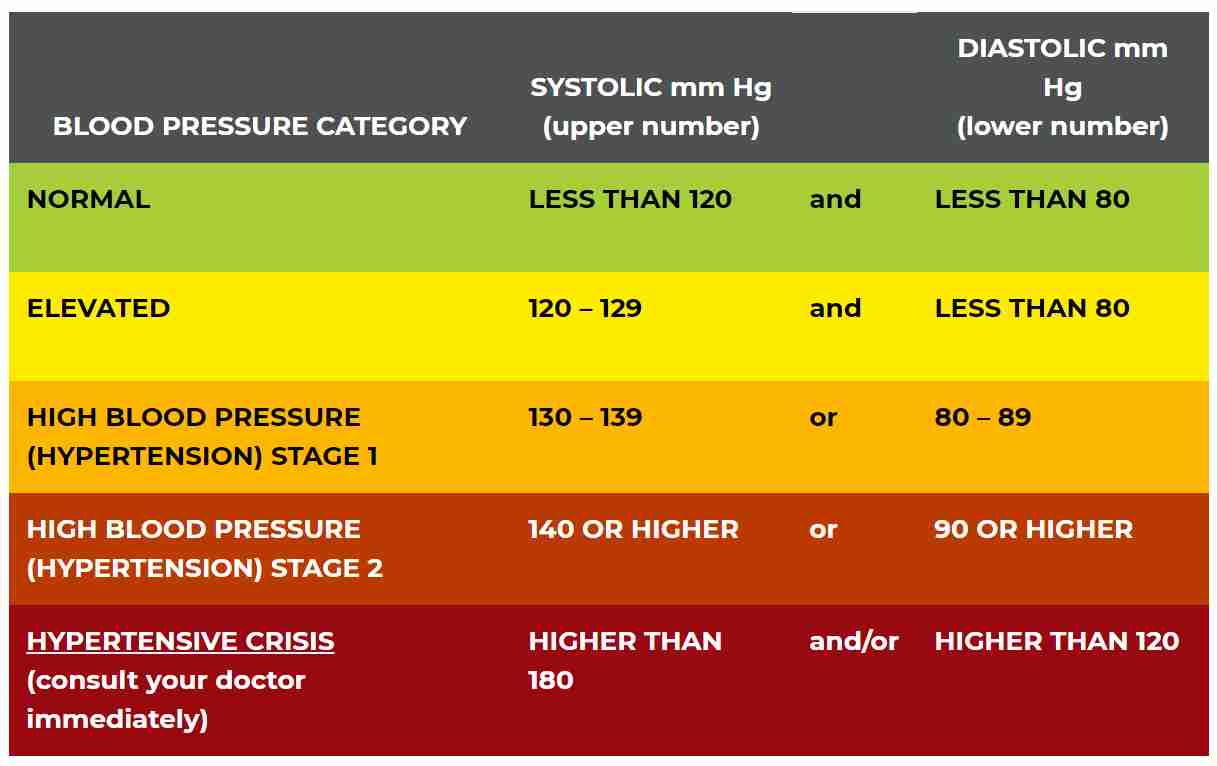



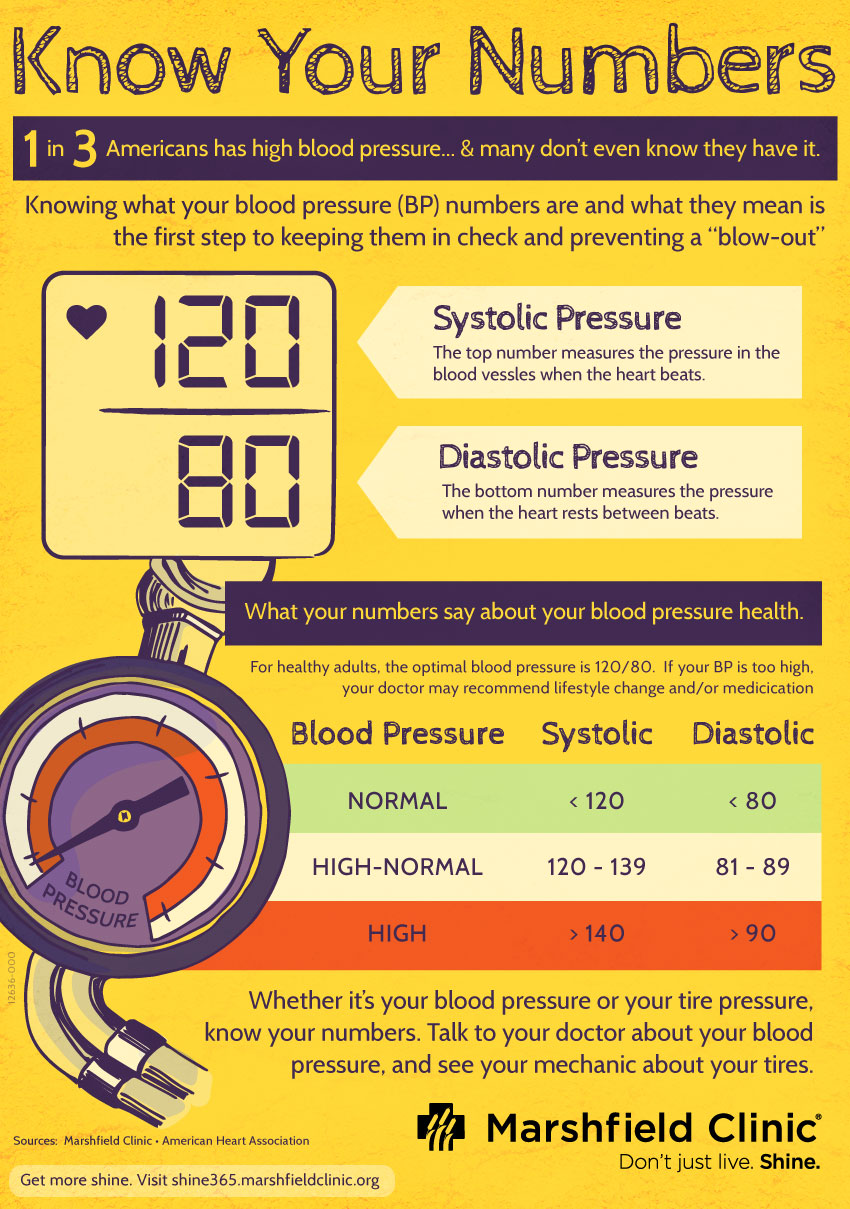
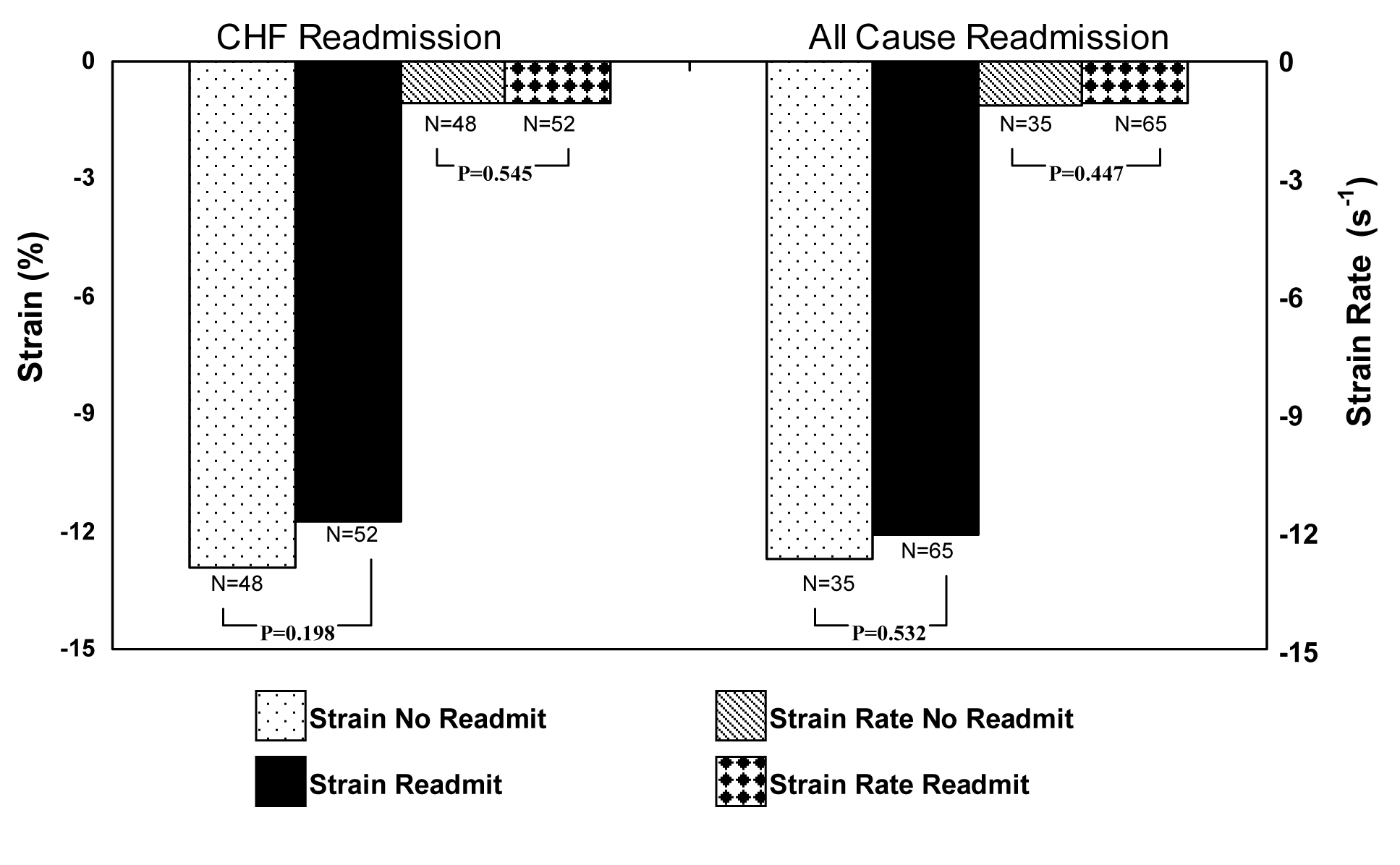
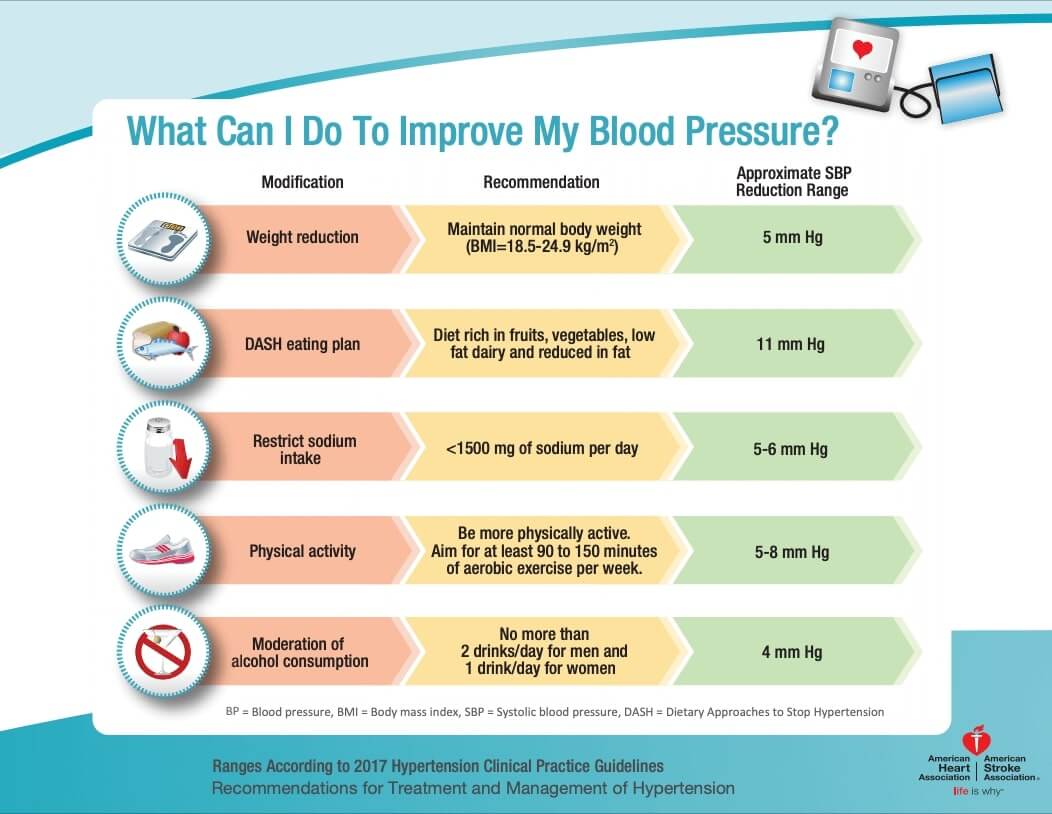

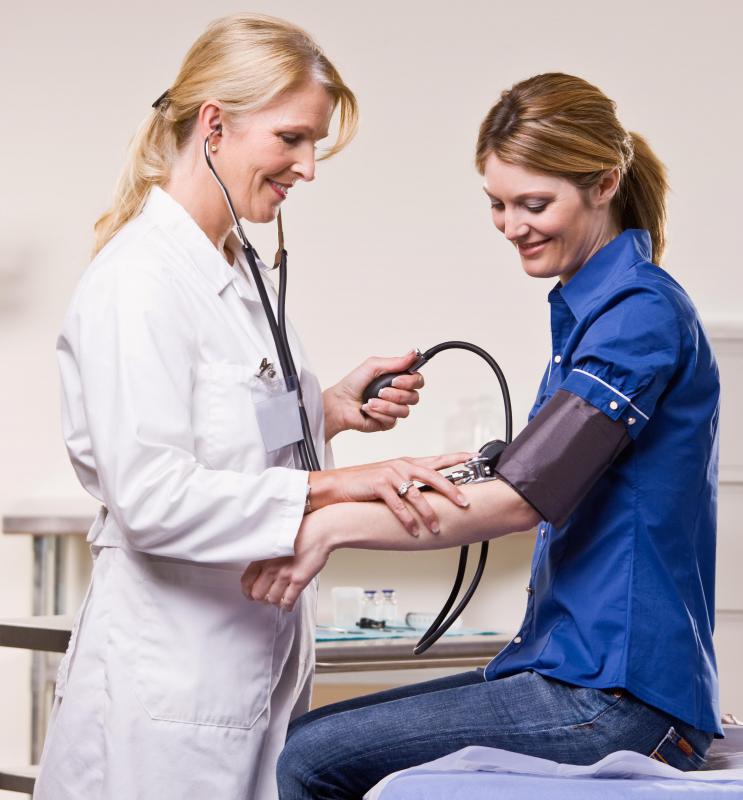
/high-systolic-blood-pressure-treatment-1764091_final-009b05fd435b4384b74c17e66570aba6.png)
